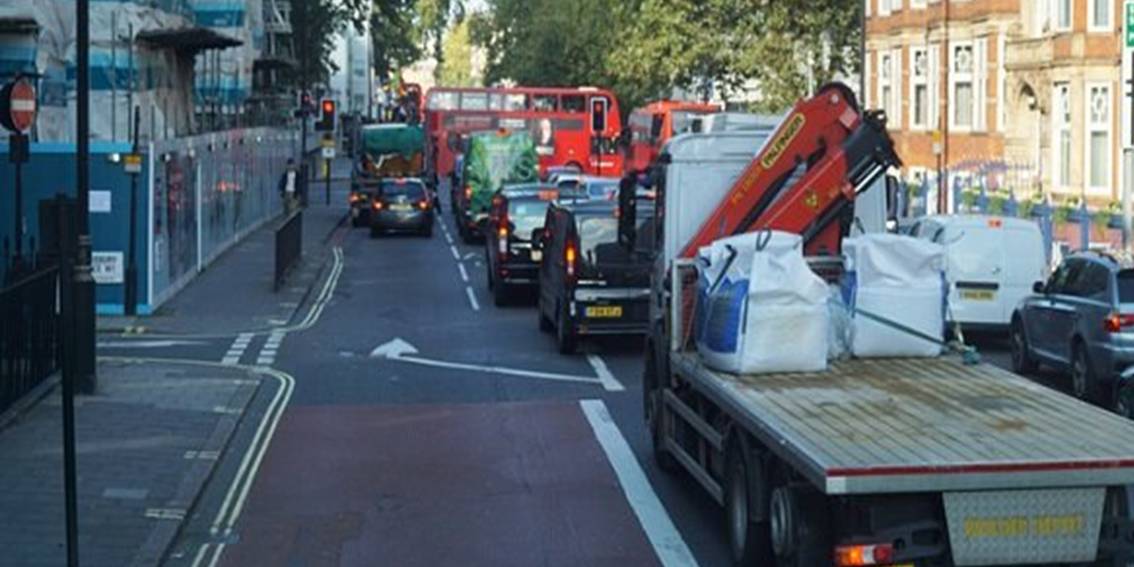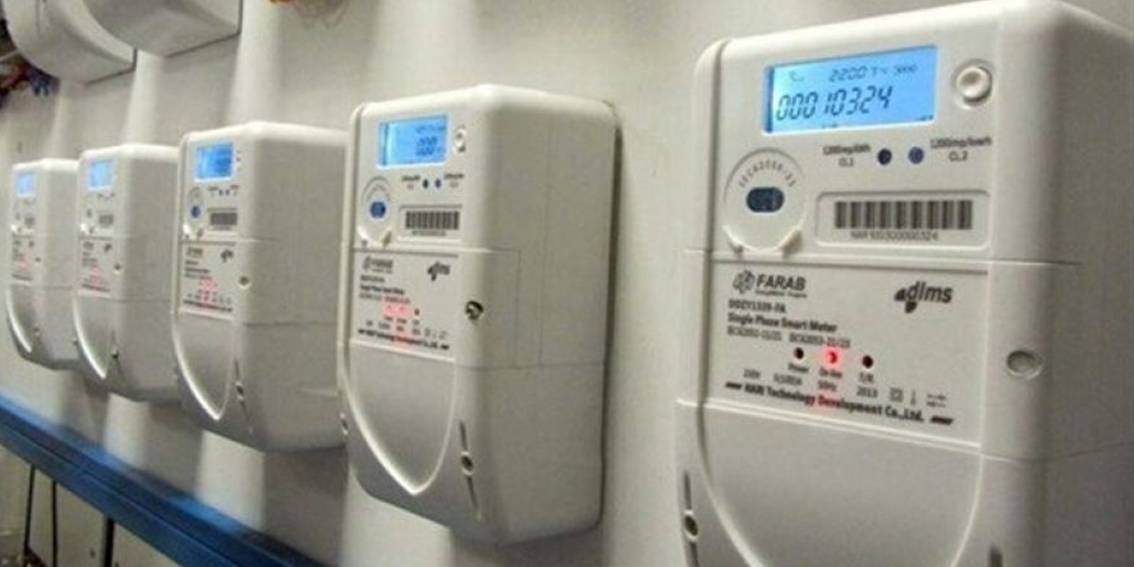Plans to Cut Traffic and Emissions Launched in Cyprus
Reduce Traffic Congestion: Cyprus has launched ambitious mobility projects. These aim to reduce traffic congestion and emissions. They also promote sustainable urban transport. The initiatives align with EU climate targets and improve urban mobility, especially in Limassol and Larnaca.
Heavy Investments in Limassol’s Transportation Infrastructure
The government is investing heavily in Limassol’s infrastructure.
Key projects include
16 kilometers of dedicated bus lanes: These will be completed by 2026.
28 kilometers of bike lanes: These will be completed by 2029.
Bus lanes will feature traffic light prioritization technology. This will improve traffic flow. Limassol will also build park-and-ride stations. These encourage citizens to switch from cars to public transport for the last part of their journeys.
EU Funding for These Projects.
The EU’s Recovery and Resilience Facility funds these projects. They support the EU’s Green Deal and “Fit for 55” targets. These aim to cut greenhouse gas emissions by 55% by 2030 (compared to 1990 levels). Limassol aims to become a climate-neutral and smart city by 2030.

Larnaca’s Urban Transformation
Larnaca is undergoing similar changes. A major redevelopment project includes:
50 kilometers of cycling network
11 kilometers of bus lanes
Reconfiguration of 15 major roads
The project will introduce new pedestrian and cycling infrastructure. It will reduce speed limits in some areas. Upgraded signage and crossings will enhance road safety. Green spaces, better road surfaces, and new sidewalks will reduce noise and air pollution.
The Larnaca project will be completed by 2026. It aims to create a more accessible urban environment. It also encourages residents to shift from cars to bicycles and public transport.
Aligning with EU Programs and Sustainability Goals
Both Limassol and Larnaca’s plans reflect a growing trend in Cyprus. They aim to reduce the environmental footprint of urban transport. They also improve the quality of life in city centres.
These efforts align with EU-funded programs like the Thales Cohesion Policy and the Sustainable Urban Mobility Plan. They highlight a shift towards a more sustainable and efficient urban transport system.
Challenges and Public Acceptance
The success of these projects depends on public acceptance. It also depends on transforming the culture around car use and public transportation. Both cities aim to encourage residents to adopt sustainable travel habits.
Substantial financial support from the EU and local governments backs these efforts.
You May Also Like This
Smart Transport Systems in Cyprus: https://anatolikilemesou.com/?p=5767
Cyprus Puplic Transport: https://www.publictransport.com.cy/routes/page/routes-and-timetables




